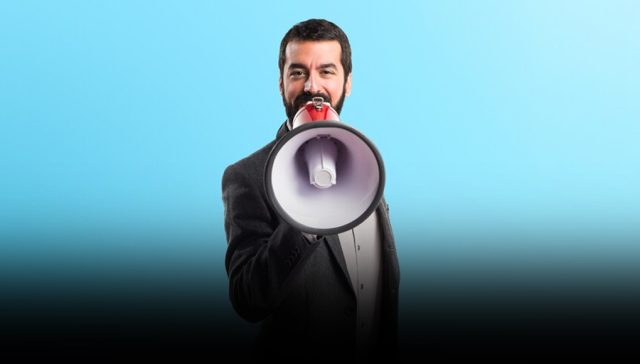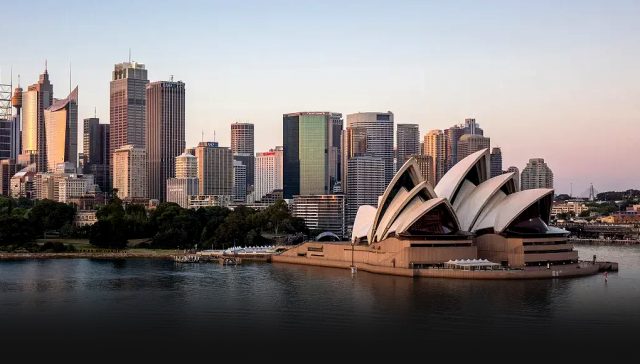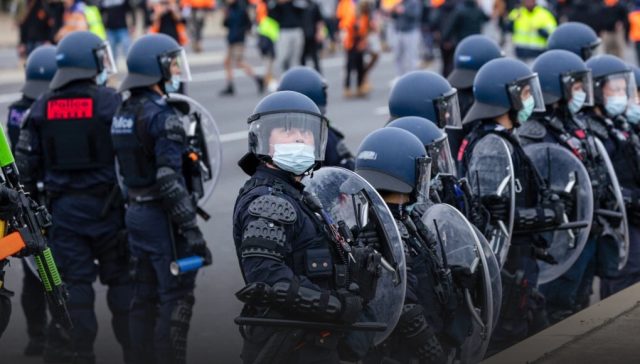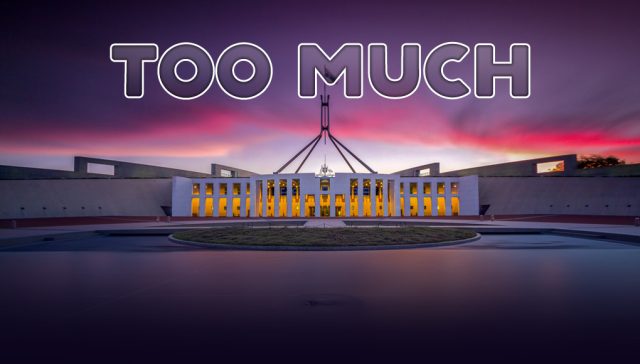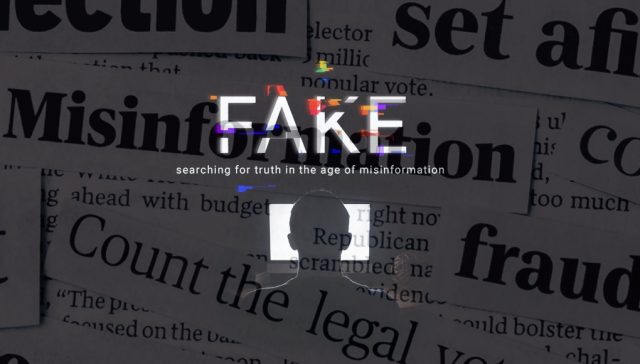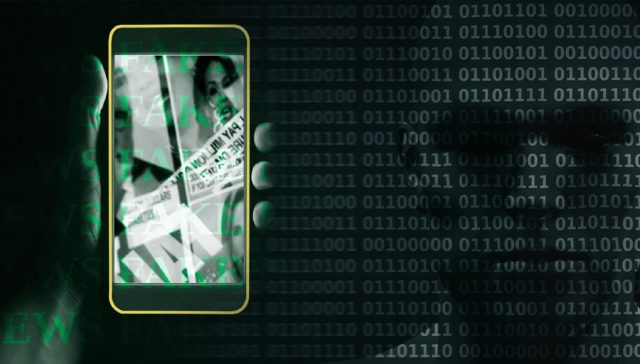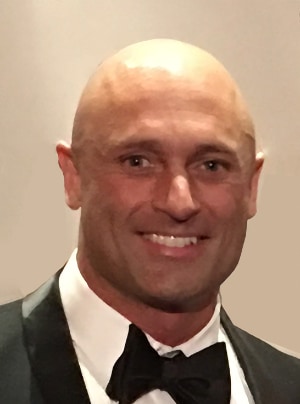Mind Your Language
Everyone knows a suit is comprised of a jacket and a pair of pants. Two jackets are not a suit. Neither can two pairs of pants be called a suit.
This was an argument I often made during the marriage debate. Marriage, I argued, was the joining of a man and woman in a special relationship.
If two men or two women wished to be joined together then they can call it something else, but not marriage; not a suit.
This idea of insisting that words reflect their true meaning and that things be called what they are, is not a new idea.
As long ago as 500BC, Chinese philosopher Confucius said, “If names be not correct, language is not in accordance with the truth of things. If language be not in accordance with the truth of things, affairs cannot be carried on to success.”
Modern day politics has become largely about controlling the language.
As US preacher Chuck Swindoll says, ‘they adopt our vocabulary but not our dictionary.’
A person on 50 per cent of the median wage is officially on the ‘poverty line’.
Farmers used to drain water-logged swamp areas of their land, and no-one batted an eye.
Then swamps were renamed ‘wetlands’, and now can’t be touched.
We’ve re-named euthanasia ‘dying with dignity’; abortion is now referred to as ‘reproductive health’ or ‘planned parenthood’ or simply ‘pro-choice’.
Free speech is branded hate speech, local aboriginal tribes have become ‘First Nations’, power cuts are now called ‘load shedding’, tax increases are re-badged as ‘budget savings’ and denying one’s gender has become gender affirming.
A person on 50 per cent of the median wage is officially on the ‘poverty line’.
‘Safe schools’ and ‘respectful relationships’ are anything but – as evidenced by lessons in bestiality presented to 14-year-old schoolgirls in South Australia.
The Good Book says, ‘Woe to those who say that evil is good and good is evil, that dark is light and light is dark, that bitter is sweet and sweet is bitter.’ – Isaiah 5:20.
Then there are the perpetual ‘straw man’ arguments – misrepresenting an opponent’s position in order to quickly and easily destroy their argument.
‘Trickle-down economics’ is a straw man argument. There is no such theory in economics. But opponents of free-market economics invented the term ‘trickle-down’ to suggest free-markets are all about favouring the rich and hoping some of their wealth will ‘trickle down’ to those lower on the socio-economic ladder.
Modern day politics has become largely about controlling the language.
Then there’s the ubiquitous use of the term ‘flat earthers’ when no-one, anywhere throughout history thought the world was flat. Not the Egyptians, not the Phoenicians, not the ancient Greeks; no-one thought the earth was flat. They weren’t silly. By standing on high ground and watching their tall ships sail over the horizon, they knew the earth was round, they just didn’t know how big it was. Christopher Columbus left Spain and headed west for India, not to prove the world was round, but to determine its size.
Or the phrase Terra Nullius, a term used to manipulate debate on indigenous matters.
‘Australia was founded on the basis of Terra Nullius,’ is one of those myths that survives by repetition, not historical fact.
Terra Nullius is a Latin term meaning ‘land belonging to no one’.
Yet no-one ever said Australia was not occupied.
The term ‘terra nullius’ was not mentioned anywhere in Australia until 1977!
Regarding exploration and occupation, the book 18th Century Principles of International Law stated that, “All territory not in the possession of states who are members of the family of nations and subjects of International Law must be considered as technically res nullius and therefore open to occupation”. ‘Res nullius’ – land not owned by a recognised nation, is not the same as ‘terra nullius’ – land not occupied by anyone e.g. Antarctica.
And on a similar vein, that Aborigines didn’t get the vote, or were treated as ‘flora and fauna,’ until 1967.
All false. All examples of the mutilation of language to influence political debate. US author Michael Malice writes, ‘they’re not using language to communicate, they’re using it to manipulate.’
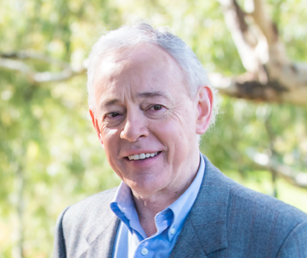
Bob’s contribution to the Australian community has been reflected in a wide range of appointments including National President of the Housing Industry Association, Co-Founder and Inaugural President of Independent Contractors of Australia, Director of The Centre for Independent Studies, and Senator for South Australia.






